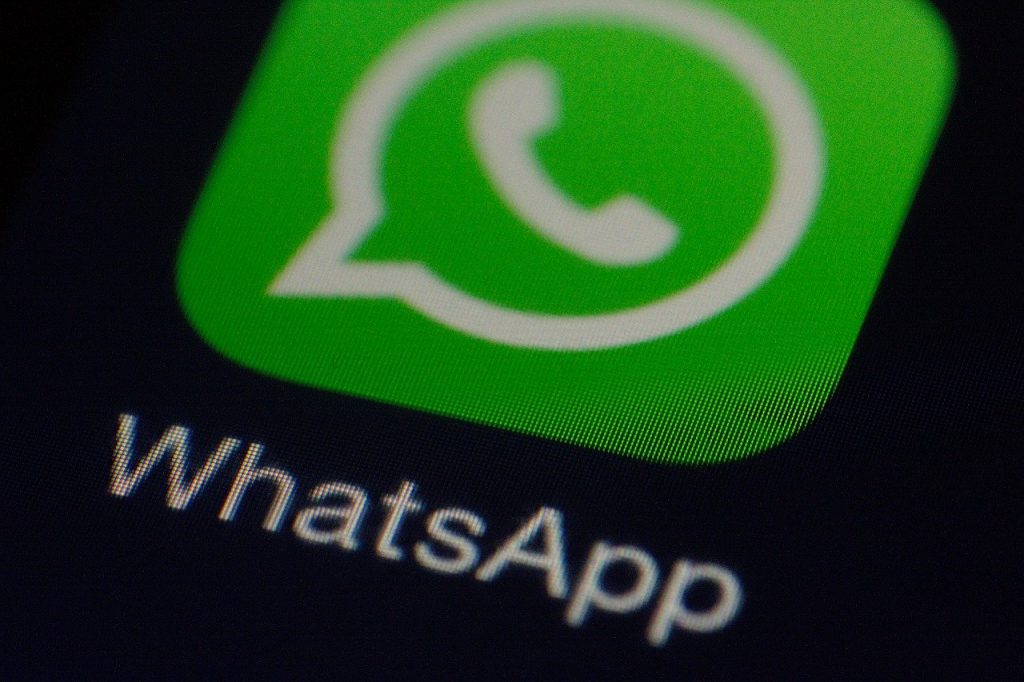WhatsApp is one of the most popular messaging apps on both Android and iOS. WhatsApp incorporates an end-to-end encryption feature to safeguard your personal and business communications.
What is End-to-End Encryption?
End-to-end encryption is the gold standard of security in the digital communication space. It means that your messages, photos, videos, voice messages, documents, status updates, and calls are scrambled into a secret code before they leave your device. Only the recipient’s device can decipher the code, ensuring that no prying eyes, not even WhatsApp itself, can access your messages.
When you chat with someone using WhatsApp Messenger, the end-to-end encryption ensures that only you and the person you’re communicating with can read or listen to the messages. This process is automatic, requiring no special settings activation. WhatsApp locks every message and only the recipient has the unique key to unlock and read them.
Even in business interactions, WhatsApp maintains the same level of security. The Signal encryption protocol protects messages sent to WhatsApp business accounts. This encryption extends to businesses that use the WhatsApp Business app or manage customer messages independently. The encryption status is transparent and cannot change without being visible to the user.
Why End-to-End Encryption Matters
In a world where data breaches and cyber threats are on the rise, end-to-end encryption provides a shield of privacy. WhatsApp first introduced end-to-end encryption back in 2016. Importantly, WhatsApp cannot access the content of your messages or calls because the encryption and decryption occur solely on your device. Each message is secured with a unique cryptographic lock, and the encryption keys change with every message sent, ensuring airtight security.
Regarding law enforcement requests, WhatsApp says it responds to law enforcement requests within the bounds of applicable laws and policies.
Also Read: You Can Now Send HD photos on WhatsApp

